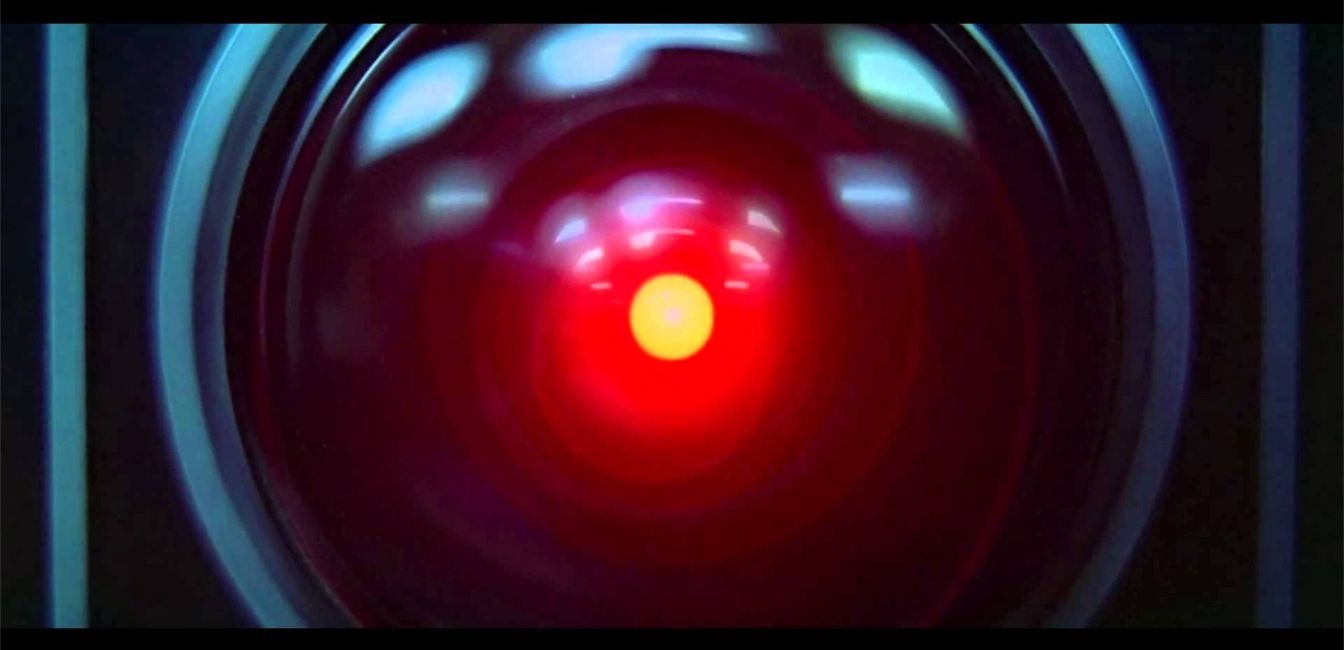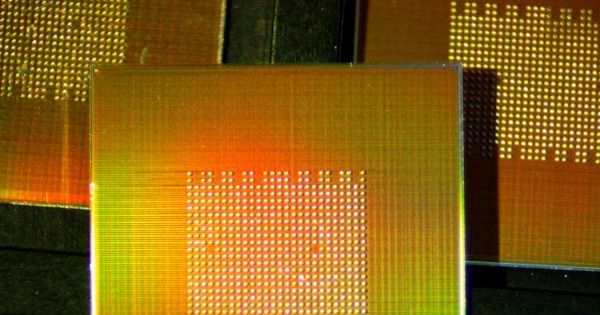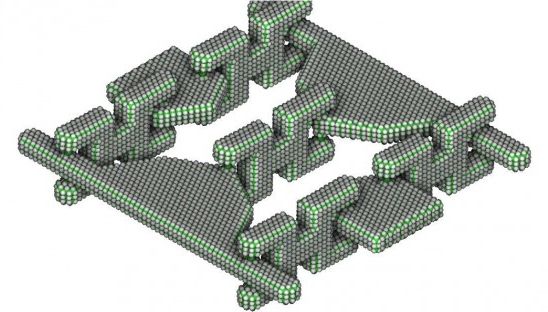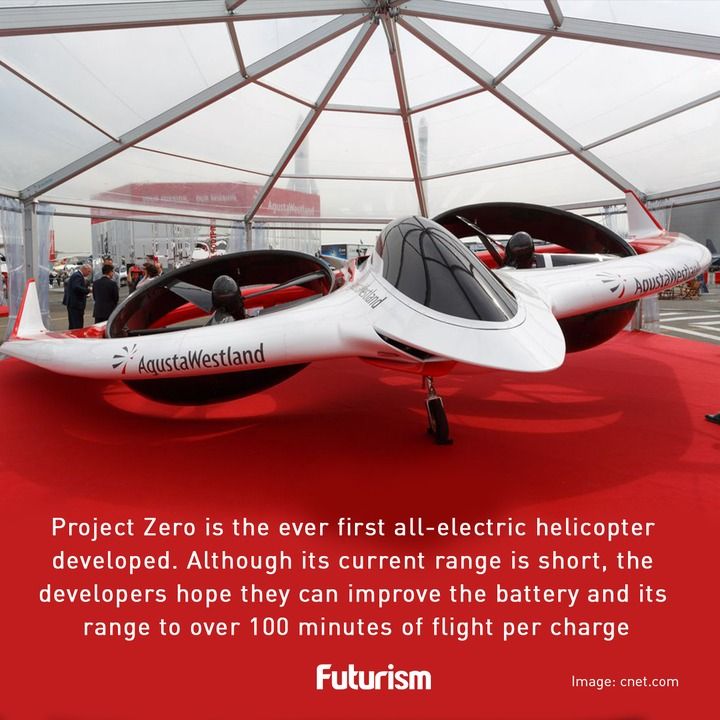Page 10897
Sep 3, 2016
The World’s First 1000-Core Processor Was Just Created
Posted by Shailesh Prasad in categories: computing, encryption
UC Davis has developed the KiloCore, a CPU that has 1000 cores suited for parallel tasks like encryption, crunching scientific data, and encoding videos.
Processor technology has certainly come far, with a host of different materials and techniques being implemented to increase speed and power. And now, we have a new kind of development. A team of scientists at UC Davis made the world’s first 1000-core processor.
The team has unveiled the KiloCore, a CPU that has 1000 cores and all the speed that come with that kind of power. The chip has a maximum computation rate of 1.78 trillion instructions per second and contains 621 million transistors.
Continue reading “The World’s First 1000-Core Processor Was Just Created” »
Sep 3, 2016
Parallel Universes: The Science Explained
Posted by Shailesh Prasad in categories: cosmology, science

Is there another one of you out there in a separate, parallel universe? This video explains the science (and misconceptions) of parallel universes.
Sep 3, 2016
This Solar-Powered Pipe Desalinates The Water That Flows Through It
Posted by Shailesh Prasad in categories: solar power, sustainability
It’s called “The Pipe.” And if it works, it could change the calculus of our water problems.
Sep 3, 2016
New Molecular Mechanical Computer Design is 100 Billion Times More Energy Efficient
Posted by Shailesh Prasad in categories: energy, supercomputing
This new computer system is 100 billion times more energy efficient than the most energy efficient conventional green supercomputer. Using only links and rotary joints, this “molecular mechanical computer” removes the need for parts that create friction and generate heat.
The trend for computing, and for technology in general, really consists of just one word: Smaller. Previously, technology that could fit on your desk was the rage. Then it became tech that fit in your bag. Then the palm of your hand. Now, scientists are playing with even smaller technology, down to the molecular size.
Scientists have developed a computer system that can, theoretically, be 100 billion times more energy efficient than the most energy efficient conventional green supercomputer. Using only links and rotary joints, this “molecular mechanical computer” removes the need for gears, clutches, switches, springs, and other parts that create friction and generate heat.
Sep 3, 2016
Machine learning just got more human with Google’s RankBrain
Posted by Shailesh Prasad in categories: neuroscience, robotics/AI
Sep 3, 2016
9 reasons why the Lincoln Navigator concept car is a glimpse into the future
Posted by Shailesh Prasad in categories: futurism, transportation
Lincoln’s Navigator concept car is loaded with high-tech features that we’ll likely see in future models.

















